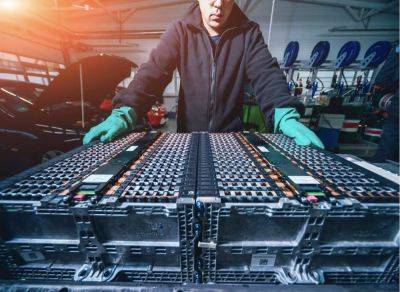The price of Africa’s digital dependence on China
Digital technologies have many potential benefits for people in African countries. They can support the delivery of healthcare services, promote access to education and lifelong learning, and enhance financial inclusion.
But there are obstacles to realizing these benefits. The backbone infrastructure needed to connect communities is missing in places. Technology and finance are lacking, too.
In 2023, only 83% of the population of sub-Saharan Africa was covered by at least a 3G mobile network. In all other regions, the coverage was more than 95%. In the same year, less than half of Africa’s population had an active mobile broadband subscription, lagging behind Arab states (75%) and the Asia-Pacific region (88%). Therefore, Africans made up a substantial share of the estimated 2.6 billion people globally who remained offline in 2023.
A key partner in Africa in unclogging this bottleneck is China. Several African countries depend on China as their main technology provider and sponsor of large digital infrastructural projects.
This relationship is the subject of a study I published recently. The study showed that at least 38 countries worked closely with Chinese companies to advance their domestic fiber-optic network and data center infrastructure or their technological know-how.
China’s involvement was critical as African countries made great strides in digital development. Despite the persisting digital divide between Africa and other regions, 3G network coverage increased from 22% to 83% between 2010 and 2023. Active mobile broadband subscriptions increased from less than 2% in 2010 to 48% in 2023.
For governments, however, there is a risk that foreign-driven digital development will keep existing dependence structures in







